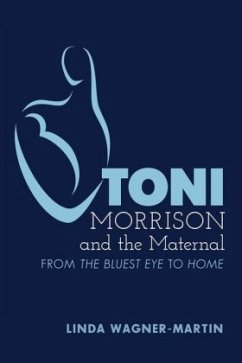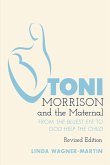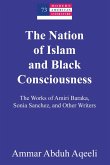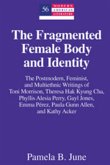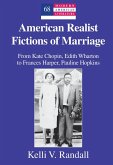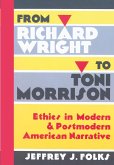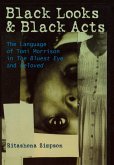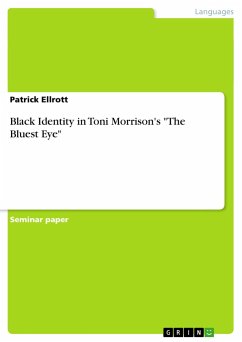Linda Wagner-Martin's study of African American writer Toni Morrison's work, beginning with The Bluest Eye in 1970 and continuing through her 2012 novel Home, describes Morrison as an inherently original novelist who was shaped throughout her career by her role within families. Morrison speaks of herself, compellingly and frequently, as daughter, sister, wife, mother, mentor, and friend. The energy from playing these roles in her life helped to lead to her thoroughly distinctive fiction. The book charts Morrison's changing vision as well. Morrison's deeper and deeper involvement in the history of African Americans within the United States leads to her study of the urban in Jazz, of the all-black Western towns in Paradise, of the upper-middle class in Love, as well as her poignant study of the returning Korean War veteran in Home. Morrison's 2008 A Mercy, set in the seventeenth century, reprises much of the power of the prize-winning Beloved and returns readers to the quintessential theme of parent-child relationships. In Morrison's fictional world, drawing from the human and spiritual forces in both Africa and the United States provides some hope of a truly satisfying existence.
Bitte wählen Sie Ihr Anliegen aus.
Rechnungen
Retourenschein anfordern
Bestellstatus
Storno

